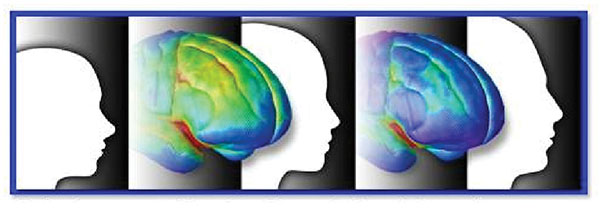Advances in Medications and Tailoring Treatment for Alcohol Use Disorder
Despite decades of research on various methods for treating alcohol use disorder (AUD), AUD remains prevalent throughout the world, making it critical to develop a more comprehensive approach to address the issue. Heavy drinking is the third largest risk factor for global disease burden, leading to enormous social and economic decline (World Health Organization 2014). Each year, alcohol misuse is...


